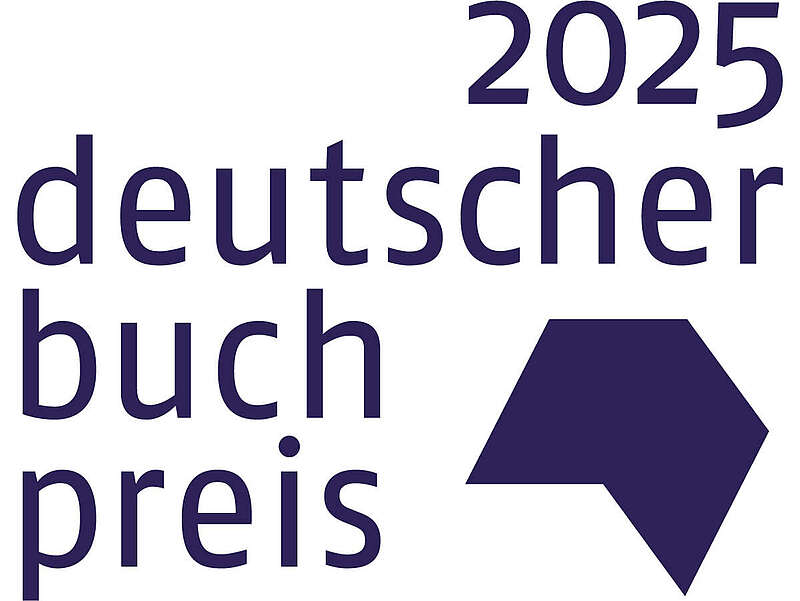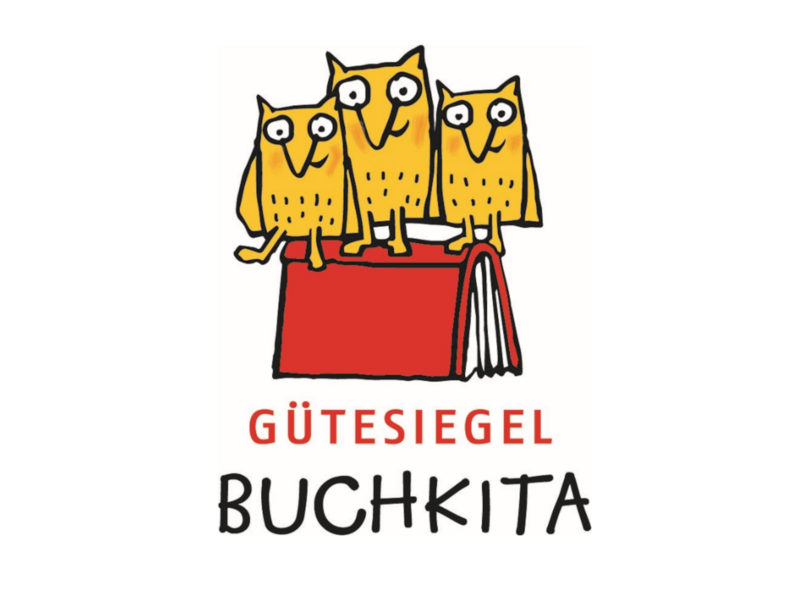Book market 2023: Positive turnover results in challenging times
Increase in turnover of 2.9 per cent across central sales channels compared to 2022, however sales fell by 1.9 per cent / Strong growth for fiction / Bookstores and publishing houses remain under pressure
Erstellt am 04.01.2024
The book industry presents a mixed performance for 2023. Despite the numerous political and economic crises, publishing houses and bookstores ended the year well overall. Turnover across the central sales channels (retail bookstores, ecommerce incl. Amazon, railway station bookstores, department stores, electrical goods stores and drugstores) was 2.9 per cent above that of the previous year. However, the number of books sold fell by 1.9 per cent in the same period. The prices paid for books rose by an average of 4.9 per cent and thus contributed to the positive turnover result. Local bookstores performed similarly to the market as a whole: physical bookstores closed the year with a 2.8 per cent increase in turnover and a 2.2 per cent decrease in sales compared to 2022. This is shown by the market data report “Branchen-Monitor BUCH”, which was published today.
“We are living in challenging times. The book industry is also feeling the effects. Compared to a weak previous year, the book trade has recovered in terms of turnover. Particularly during these difficult times, people are using books to expand their knowledge, to switch off, but also to deal with the current reality - a good sign in view of major political and social issues and conflicts”, says Karin Schmidt-Friderichs, Chairwoman of the Börsenverein des Deutschen Buchhandels (German Publishers and Booksellers Association).
Nevertheless, the economic situation remains tense for many in the sector, says Karin Schmidt-Friderichs. "Many consumers are unsettled and still reluctant to spend. Declining footfall in city centres also means that fewer people are making new discoveries in bookstores - which is bad for cultural diversity. In addition, the cost pressure on companies in terms of energy, procurement and production is only subsiding at a slow rate. Structural support is therefore urgently needed, especially for small publishers. In the book trade, measures such as the Kulturpass, which was launched last year, are important. Despite the tight budget situation, it should definitely be continued as it is an excellent instrument for introducing young people to local cultural programmes.”
Among the product groups, fiction stands out with above-average growth in 2023: not only did it increase its turnover by 7.7 per cent compared to 2022, it was also the only product group to increase the number of books sold (+1.2 per cent). Positive turnover was also reported for non-fiction (+2.7 per cent) and books for children and young adults (+2.4 per cent). Turnover for companions (-0.7 per cent) and travel books (-1.7 per cent) however, did not reach the previous year's level.
According to Media Control, the best-selling novel in 2023 (fiction hardcover) for the aforementioned sales channels was “Die Einladung“ by Sebastian Fitzek. “Atlas. The Story of Pa Salt” by Lucinda Riley and Harry Whittaker took second place followed by Robert Seethaler‘s “Das Café ohne Namen“ in third place. Among the non-fiction bestseller titles (hardcover), “Zauber der Stille” by Florian Illies ranked first, “Spare” by Prince Harry took second place while Dirk Oschmann‘s “Der Osten: eine westdeutsche Erfindung” came in third.
The data published for the sales channels of the retail bookstores, ecommerce incl. Amazon, railway station bookstores, department stores as well as electrical goods stores and drugstores offer an initial trend indication for the development of the book market in 2023. Complete book market figures, which include all other sales channels (direct from publishers, mail order book trade, other sales outlets, book clubs) as well as the figures for books sold with payment by invoice, will be available in summer 2024.
The “Branchen-Monitor BUCH” is published monthly by the Börsenverein des Deutschen Buchhandels. It is based on data from the Media Control retail panel.







